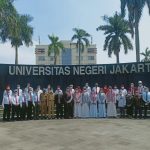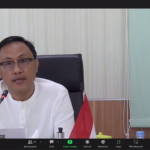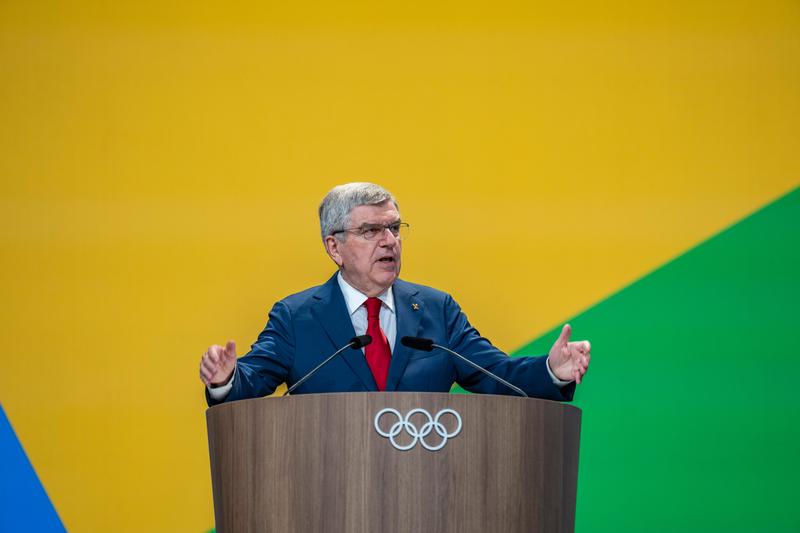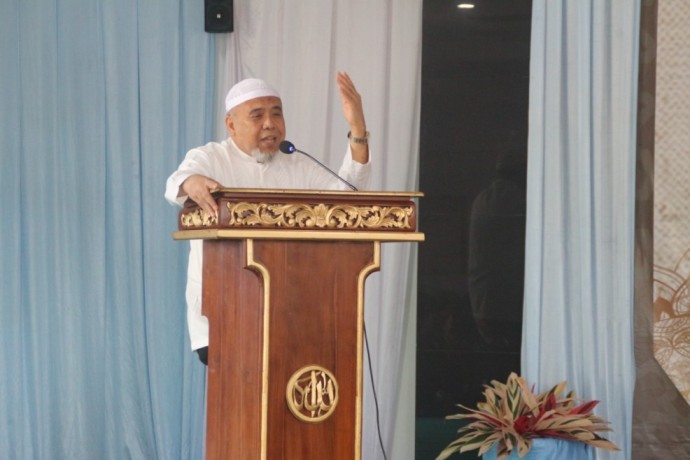More Indonesians need to study in Sweden

Sweden is one of the countries with a high level of welfare in the world, and actively supports the development of environmentally friendly technology.
In September 2020, the Swedish innovation level has already overtaken the United States (US), at the second position after Switzerland, according to the Global Innovation Index 2020.
Apart from that, Sweden has also become a favorite study destination for some Indonesian students who generally take master and doctoral degrees in this Nordic country.
In the notes of an Indonesian medical doctor, Gusti Adintya Putri, there are about hundreds of Indonesian students currently studying at Swedish campuses, some studies medical sciences and its details at Karolinska Institutet, Sweden.
Those medical students wrote a book called FIKA.
This book was written by Adintya along with her nine friends from the medical university in Sweden.
The choice of stories to be written is really moving. There is a story of struggle and passionate passion in realizing dreams. Prayers, enthusiasm, consistency, never giving up, and being pleased by both parents are their motivations.
The book, which is entitled ‘FIKA: Reflections on the Experience of Indonesian Health Students in Sweden’, contains many messages of struggle, self-reflection, social criticism, humanity, and even very rich information about Sweden.
For those of you who want to know Swedish culture and traditions, this book is a must read.
The first impression you get when reading the writings in it is that you are invited to laugh because the emotions of all forms of expression of fatigue do spill over into their writings.
Some talked about the difficulty of doing ethnography while caring for a baby, chasing research informants, to enjoying the comfort of being received by the informants.
Then, after a few weeks I finished reading the book there was something else that made an impression, apart from the transfer of emotions from the authors in it.
Another thing is the scholar character of the college where they study. This is the strong impression I find among all the authors, namely, the spirit of hard work in research.
But, why is medical science for us important?
First, we are exploring the truly authentic COVID-19 pandemic. Our journey to overcome the issue is far from over.
Second, we must understand how to improve the health and healthcare systems in our country. It goes around the function of our current BPJS (Healthcare and Social Security Agency Scheme).
Last one, the third. Indonesian people must fully comprehend about all tropical diseases.
I have read a Sweden’s data on diabetes prevalence in Indonesia as well as recent survey in regards of smartphone use and telemedicine during the COVID-19 pandemic, stressing out the need and trends that shift toward digital health utilizations within healthcare.
There are a number of scientists from Indonesia who are currently helping Sweden respond to COVID-19. They teach at universities, laboratories, and public hospitals.
Some of them is Prof. Nawi Ng, Professor of Epidemiology at the University of Gothenburg.
Then I recognize Dr. Dhany Syahputra, who works in Denmark, and is now conducting research in Indonesia on the spread of COVID-19.
There is also a couple of medical doctors, dr. Winner Ng and dr. Resthie Rachmanta, who are residing in Stockholm.
In Lund there are Dr. Sukma Dewi, MD, doctor and researcher at Lund University Hospital, Lund; and Eni Andersson who worked as a Research Engineer, Scilifelab KTH, Solna.
I once spoke with Made Sania, an Indonesian student who diligently wrote on her blog spot. Why did she advise Indonesians to study in Sweden? The reasons are impressive.
She said, “Lectures without hierarchy (informality). In Sweden, in their daily and professional life, students do not need to call Sir/Ma’am for elders and figures we respect.”
“International experience. There is a huge access to and exposure to information that can affect our chances of being able to participate in international competitions and conferences,” she said, adding that in Sweden individuals are free to express themselves and judgments from society are almost imperceptible.
According to Made, the majority of people in Sweden speaks English. Many master’s (graduate students) programs are taught in English. However, the opportunity to learn Swedish still exists in Sweden.
She also said, the Swedish government provides full scholarships for international students and researchers. The name of the institution is Swedish Institute (SI) scholarship.
I believe that everyone agreed on the importance of investing in education to such an extent.
Schools from abroad can become role models. This is important.
The Indonesian Ministry of Education and Culture is an institution that not only facilitates workforce education, but also creates jobs and entrepreneurs.
I know that in Sweden there is a higher education called Yrkeshögskolan (Higher Vocational Education). This program is to respond to the needs of employment and is linked to cooperation between industry and a skilled workforce.
Well, let me congratulate the publication of this book, FIKA.
I hope that in the future similar books would appear again, so that literacy in this country in particular can grow rapidly.
Therefore, I would like to first thank the team of writers, who were promoted by doctor Mirzania Mahya Fathia along with nine other authors.
Finally, I am writing this column while enjoying Fika, Aceh Gayo coffee roasted by Johan and Nystrom Coffee along with my favourite cake Kanelbullar, Swedish cinnamon buns.
Hmmm. Yummy!
Author: Bagas Hapsoro [A former Indonesian Ambassador to Sweden and Latvia (2016-2020)].










